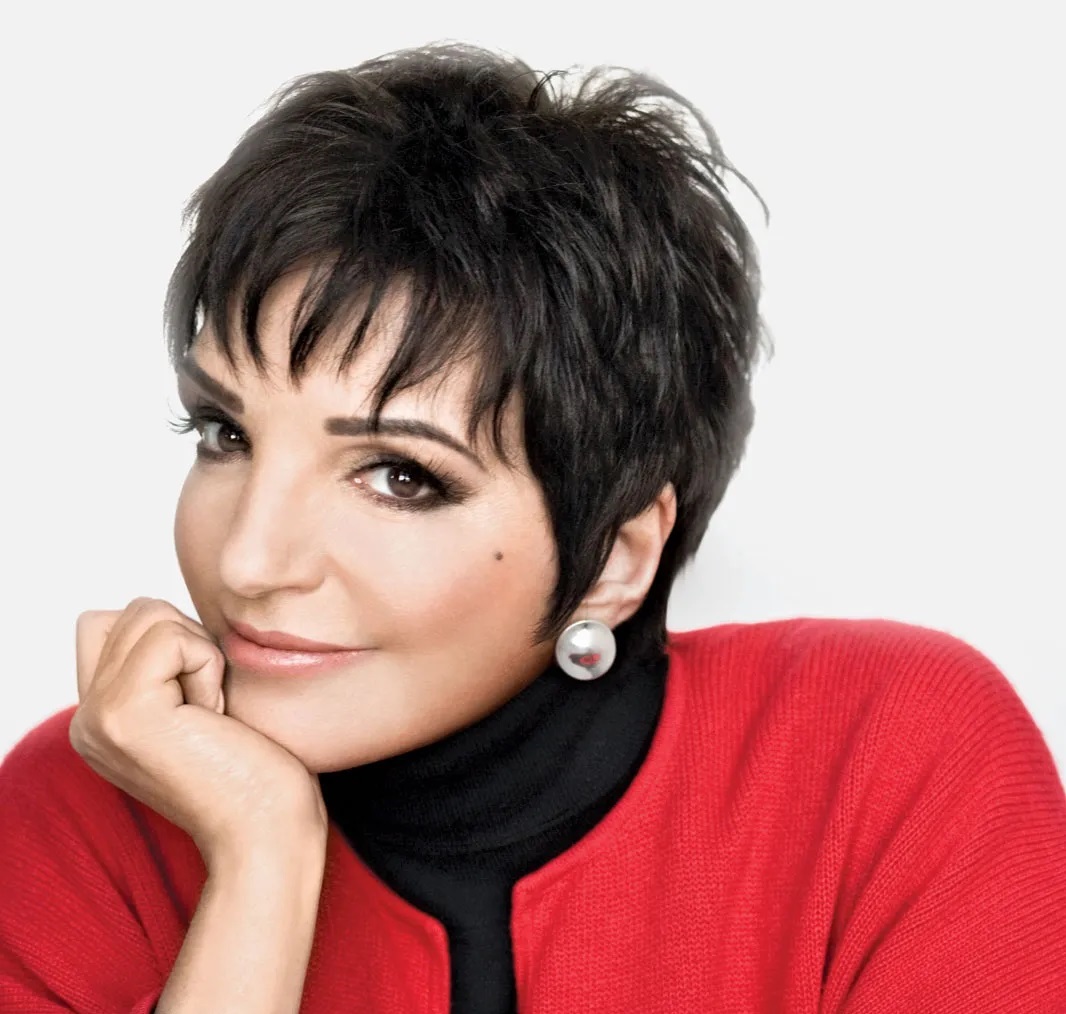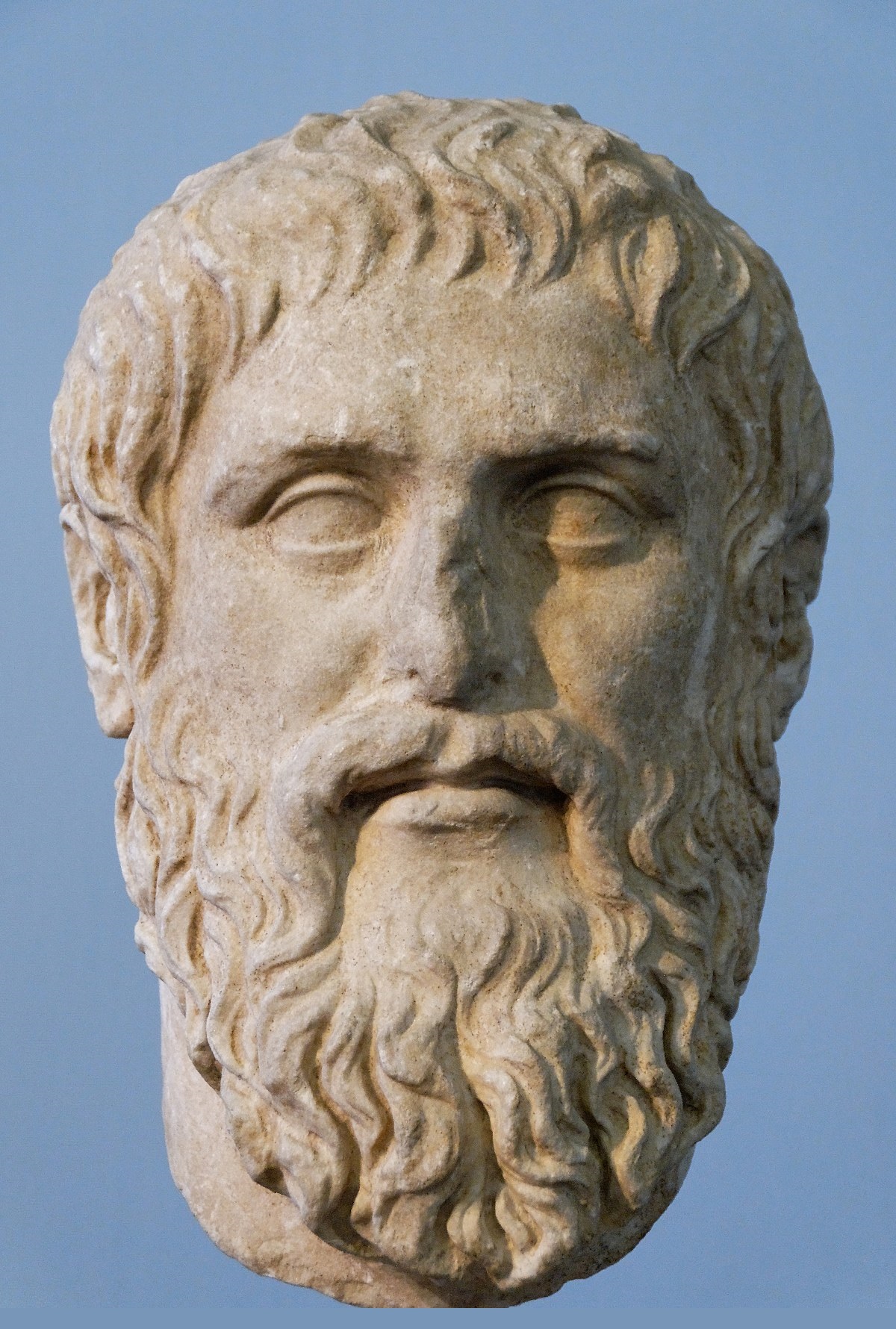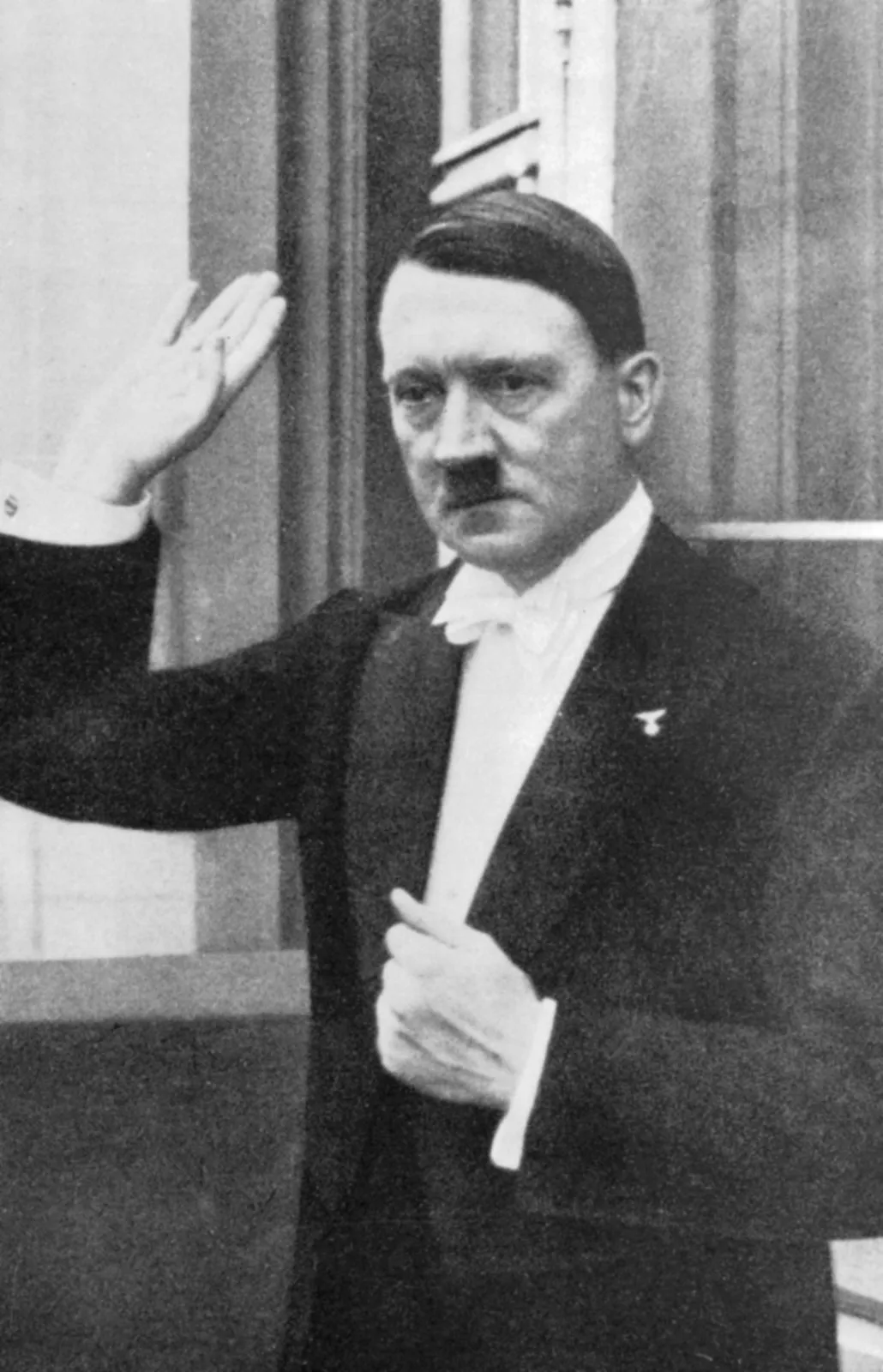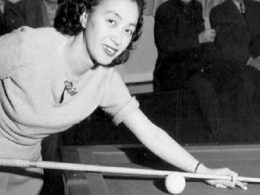Aristotle: Greek philosopher and scientist
– The ignorant affirms, the wise doubts and reflects –
- Considered one of the greatest geniuses in history and the most influential thinker in Western culture.
- School : Peripatetic School, Aristotelianism
- Contributions : Syllogism, Theory of the soul, Ethics of Virtue, Aristotelian Philosophy…
- Student of : Plato
- Alma mater : Academy of Athens
- Name : Greek pronunciation
Summary
- Considered one of the most important thinkers in the history of Western philosophy. His ideas on natural sciences, biology, physics and metaphysics have influenced generations of thinkers. In 335 he founded his own school in Athens, the Lyceum. He devised the study of formal logic by creating a system known as syllogistics. His ethical and political theory continue to exert influence on philosophical debate.
Questions and answers
- What is Aristotle’s theory? -The theory of spontaneous generation, the principle of non-contradiction and the notions of category, substance, act and power
- What is Aristotle’s account of happiness? -Aristotle’s ethics, or character study, is based on the premise that people must propose a “virtuous character” as a precondition to achieve happiness or well-being (eudaimonia).
- What are the most outstanding works of Aristotle? -Metaphysics; Politics; Poetics; Nicomachean ethics…
“I consider the one who conquers his desires to be braver than the one who conquers his enemies, since the hardest victory is the victory over oneself”
Aristotle
Aristotle was born in Stagira (modern Stavros), Macedonia, in the year I of the XCIX Olympiad, around the year 386/385 or 384 BC.
Family
Son of Nicomachus , personal physician to the Macedonian king Amyntas III . On the death of his father and his mother, Festis , and after his only brother De he Arimnestus , he moved to the city of Atarnaeus. There he was tutored by Proxenus .
Period in the Academy
He traveled to Athens at the age of 17 with the intention of attending Plato ‘s Academy . Aristotle was his disciple and that of other thinkers such as Eudoxus during the twenty years he spent at the Academy, where he was nicknamed “the intelligent one”. He remained at the Academy from 367 or 366 BC. C. until 347 or 346 a. During this period he wrote several dialogues and the Protrepticus , a very popular exhortation to philosophy addressed to the general public.
women and children
When Plato died in 347 BC, he traveled to Assos , a city in Asia Minor ruled by his friend Hermias , whom he served as adviser, also marrying his niece and adoptive daughter, Pythias, with whom he had a daughter. He was also related to Hepylis , with whom he had another son whom he named Nicomachus and dedicated his Ethics by him to Nicomachus .
Tutor of Alexander the Great
After Hermias was executed by the Persians in 345 BC, Aristotle moved to Pella , the capital of Macedonia, where he tutored the youngest son of King Philip II , who would become known as Alexander III the Great. Filipo sent to call to him to be the philosopher of more fame and more extensive knowledge. His teachings were rewarded by rebuilding again the city of Stagira, his hometown, which Philip himself had devastated. For eight years the student received a comprehensive education in the Miéza area, near Pella. It seems that Alexander not only learned ethics and politics, but also became aware of other reserved teachings that the philosophers called “achromatic” and “epoptic”, and that they did not communicate to the “crowd”.
the lyceum
In the year 335 BC, when Alexander acceded to the throne, he returned to Athens and founded his own school: the Lyceum .
Aristotle opened the Lyceum around 334 BC in a space near the Diocares gate. The name comes from Apollo Licio , god to whom Aristotle consecrates the institution of him.
peripatetic school
In the Lyceum, as before in the Academy, there were two groups of disciples: those who participated in the most profound teachings and those who received simpler and more practical teachings. Since most of the debates took place while walking through the Lyceum, the center became known as the Peripatetic school .
Thought
Aristotle’s thought encompasses virtually all facets of intellectual inquiry. Recognized as the founding father of logic and biology, as a metaphysician, cosmologist, zoologist, mathematician, ethicist, epistemologist, writer, philosopher, astronomer and scientist, his ideas exerted a great influence on the intellectual history of the West.
He summarized all the knowledge of his time, but he especially shone in the descriptive natural sciences. He was the author of the first classification of animals , the father of comparative anatomy and the teacher of other scientists, such as the botanist Theophrastus , his successor at the Lyceum. He formulated the theory of spontaneous generation
, the principle of non-contradiction, as well as the notions of category, substance, act and power. He rejected the atomic theory of Democritus and argued that matter originates from the mixture of four fundamental properties: hot, cold, wet and dry, which combine together to give rise to the four elements or essences: earth, water, air and fire, to which he added a fifth (the quintessence or ether), which would form the heavenly bodies. He demonstrated by various methods the sphericity of the Earth and maintained that it is located in the center of the universe . He was the first to classify the sciences , which he divided into theoretical (mathematics, physics, and metaphysics), practical
(ethics, politics and economics) and poetics (poetics, rhetoric, etc.). Logic , discovered by him, is not included in this classification , since it is the instrument for the right course in all of them. He also invented the syllogism , a fundamental instrument of Western thought.
Books
Aristotle wrote popular books, of which only fragments are preserved, and other notes, for the circle of his initiates, of which 47 remain. The edition of Andronicus of Rhodes (c. 70 BC) is the basis of the Corpus aristotelicum , as it has come down to us, which is made up of the following titles or collections: ” Organon ” (treatises on Logic), ” Physics ” ” Of Heaven “, ” Of Generation and Corruption “, ” Meteorology “, ” Metaphysics “, ” History of animals “, ” Of the movements of animals “, “Of the generation of animals “, “Politics , ” El alma “, ” Moral from Nicomacus “, ” Moral from Eudemus “, ” Retorica “, ” Poetics “y ” Little Natural “.
Death
Aristotle died in Chalcis , Kingdom of Macedonia, in 322 BC. C. Probably from a stomach condition around the age of sixty-three.
Before he died he wrote a will by which he leaves his family (his daughter Pythias, his son Nicomachus and his second wife Herpilis) under the protection of Antipater (Alexander’s lieutenant), and Theophrastus the address of the Lyceum . Likewise, he gives his daughter from his first marriage to his godson Nicanor, son of his tutor Próxeno and Alejandro’s staff officer.











